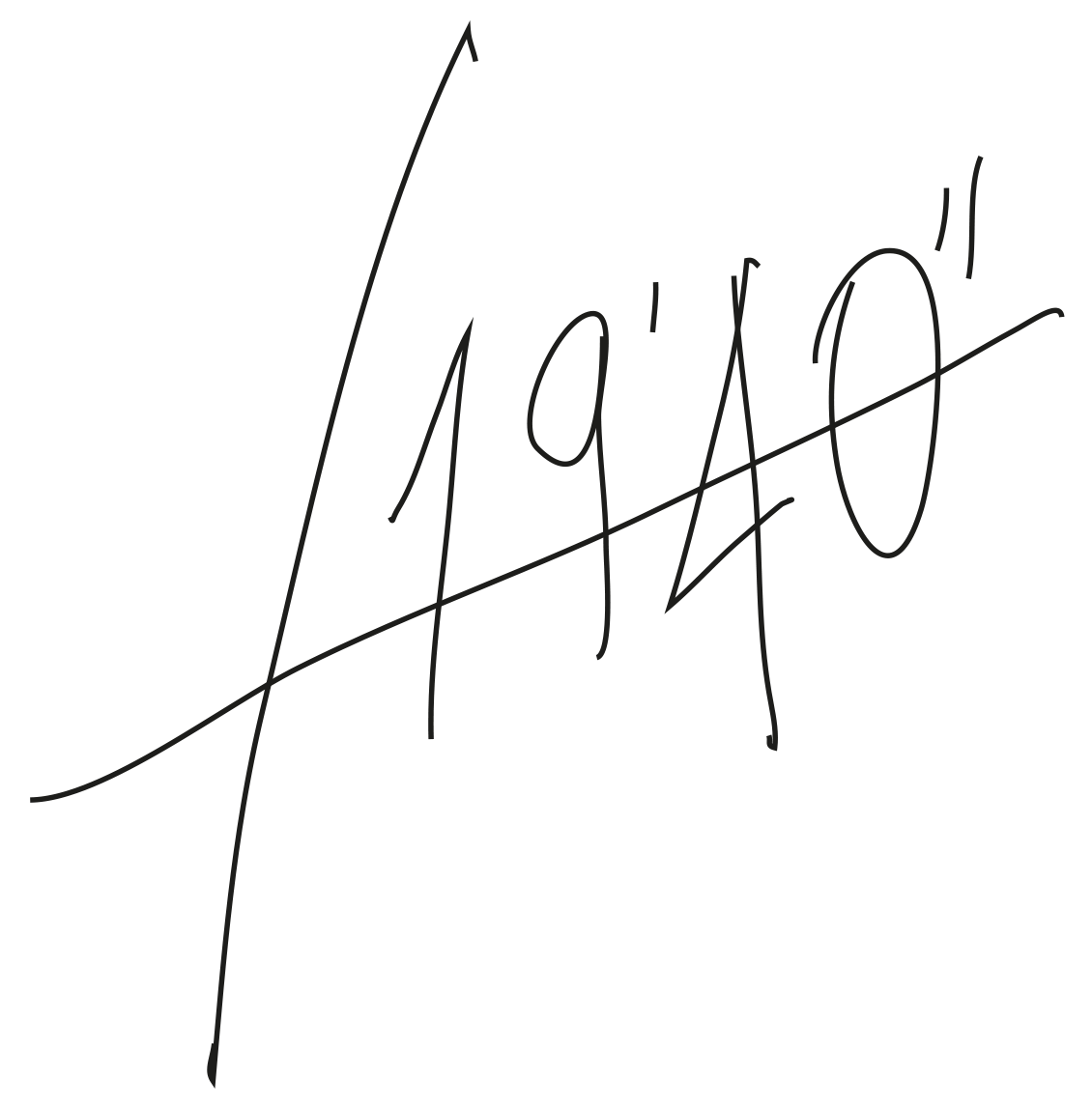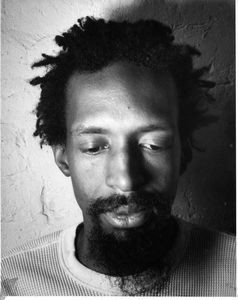BCM#7: JULIUS EASTMAN
In August, Black Classical Music will be released, the twenty-first release by 19'40''. It includes works by Afro-descendant composers. In this series of articles, we tell the stories of the composers and their work.
JULIUS EASTMAN
Julius Eastman was an American composer and pianist renowned for his pioneering work in the realm of minimalist music. Born on 27th October 1940 in New York, Eastman’s life and career were marked by artistic innovation and an unwavering pursuit of unconventional musical expression.
Eastman’s musical style was characterised by what Alex Ross has described as “guerrilla minimalism.” He shook up traditional composition norms by incorporating elements of improvisation and experimentation into his works. In the 1970s, Eastman became closely associated with the influential Downtown New York music scene, collaborating with notable figures such as Meredith Monk. He even took on the uproarious role of George III in Peter Maxwell Davies’s Eight Songs for a Mad King, showcasing his versatility and captivating stage presence.
However, as an openly gay Black man in the predominantly white and heteronormative classical music world, Eastman faced an uphill battle. His career began to decline in the 1980s due to personal struggles, and he grappled with marginalization, financial difficulties, and homelessness, tragically resulting in the loss and destruction of a significant portion of his work.
Eastman’s life was cut short at the age of 49. He passed away on 28th May 1990, under circumstances that added to this remarkable musical talent’s tragic and untimely end.
Macle (Live version for five voices)
Alternative notations play an important role within the work of Esecutori di Metallo su Carta, both live and in the studio: Cardew's Treatise, Filidei's Toccata for Piano, and Della Marina's Fades/Constellations are some of the most visually intriguing pages tackled in recent years by our in-house ensemble. Julius Eastman's Macle fits perfectly within this departure from traditional notation. The score consists of only seven pages divided into rectangles and squares, which, when aligned, seem to recall an old Mickey Mouse comic: instead of ducks and mice, each panel is filled with lines, symbols, and texts. The ensemble consists of four voices: the performers must simultaneously read the panels and perform what is indicated within them. The performance is built by collectively deciding how to approach and interpret the graphic symbols, which are clear enough (there is only an autograph version for Macle), but not always unambiguous. The score indicates a duration of approximately 33 minutes; we present a version lasting only 11 minutes, performed live at Santeria during the ContempoRarities Festival on 5th December 2021. The performers, in this case, five members of Esecutori, were coordinated and guided by Francesco Fusaro, who also performs in it. Macle is simultaneously an exercise in style, avant-garde theatre, and a fascinating journey through new languages and sounds.

